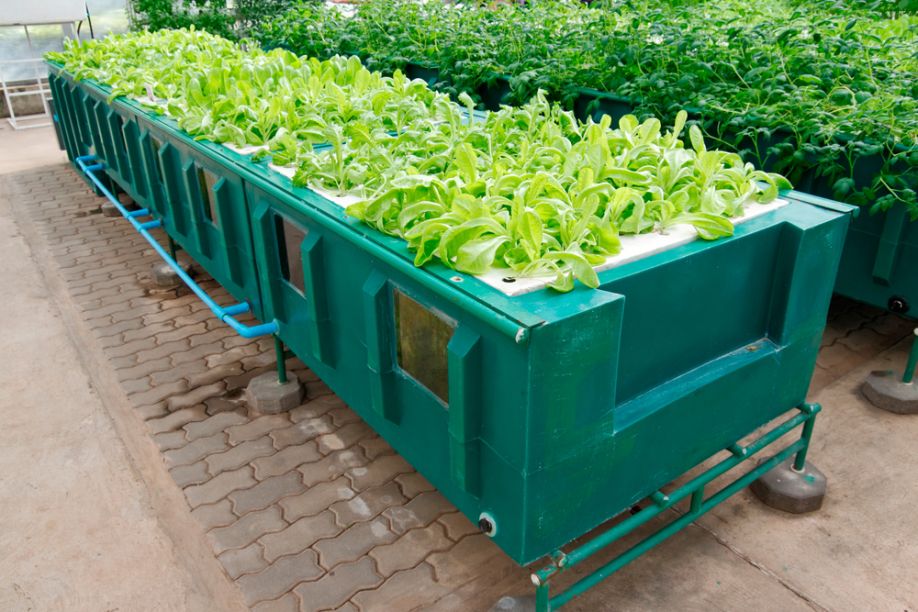Protecting Your Agriculture Cooperative From Cyberattacks

A recent spate of cyberattacks prompted the FBI to issue a warning to agriculture co-ops. It advised them to be on high alert, especially during important planting and harvest times. Hackers can gain access to sensitive info like people’s names and bank account data, then demand payment under the threat of making it public.
In these uncertain times, protecting your agriculture cooperative from cyberattacks is paramount.
Why Are Co-Ops at Risk?
In 2021, 14 of 16 critical infrastructure sectors suffered from ransomware attacks, which is just one of many types of hacking. One of those industries was agriculture.
An agriculture cooperative is an organization that lets farmers share power by pooling their resources. Hackers sometimes attack these co-ops during planting and harvest seasons because they see them as a wealthy target bound by time-sensitive agricultural constraints.
In 2021, the ransomware-as-a-service operation known as REvil attacked JBS, the world’s largest meat processing company. Several meat-packing plants had to shut down due to the attack. Hackers that attack grain operations can affect the food supply chain for people and livestock.
Since the agricultural sector can impact people’s ability to put food on the table, co-ops must work to prevent data breaches. What can you do about it?
Shoring up Your Defenses
Here are some ways you can protect your data against hacking:
- Have a plan in place in case systems go down. Will you be able to process transactions by hand? Even if you’re used to doing all your business interactions online, you can probably shift over to pen and paper for a few days in an emergency. Print out paper forms and keep them handy.
- Use network segmentation.
- Back up your data regularly, and keep copies of the backups offline.
- Use strong passwords and change them frequently. Consider using a password manager to auto-generate encrypted ones for you.
- Use different passwords for every account.
- Turn on multifactor authentication. This means that before logging into a secure system, you’ll receive a code on your phone or another device for one-time use to let you in.
- Disable hyperlinks in incoming emails.
- Always use secure networks instead of insecure networks like public Wi-Fi.
- Take advantage of antivirus protection and install software on all your devices. Make sure to update it regularly.
- Keep backups of all your critical data files and ensure they can’t be deleted or modified.
- Regularly update your software, firmware and operating systems. Turn on auto-updates if they’re available. Updates frequently include patches that make systems more secure.
- Make sure only people with administrative privileges can install software on your computers. Audit accounts with these abilities.
- Instead of a password, consider using a passphrase, which is a long string of words that are meaningful to you but hard to guess. For example, a passphrase could be, “Thylacines are 1 VERY extinct mammal!” If this phrase is too long for the system, you can turn it into a complex password like “Ta1Vem!,” which has a mix of numbers, symbols, and lowercase and uppercase letters.
- Turn off any remote access or RDP ports you don’t use, and keep an eye on remote access and RDP logs.
- Install a virtual private network (VPN) to encrypt your data.
- Add a banner to emails coming from senders outside your organization.
Additionally, you should perform regular cybersecurity training so everyone in the cooperative is on the same page.
Protecting Your Agriculture Cooperative
Cyberattacks are rare, but you need to prepare for them. Taking steps to protect sensitive databases and other computer systems will help you better handle a potential security breach and hopefully prevent it from happening in the first place.
Comments (0)
This post does not have any comments. Be the first to leave a comment below.
Featured Product

